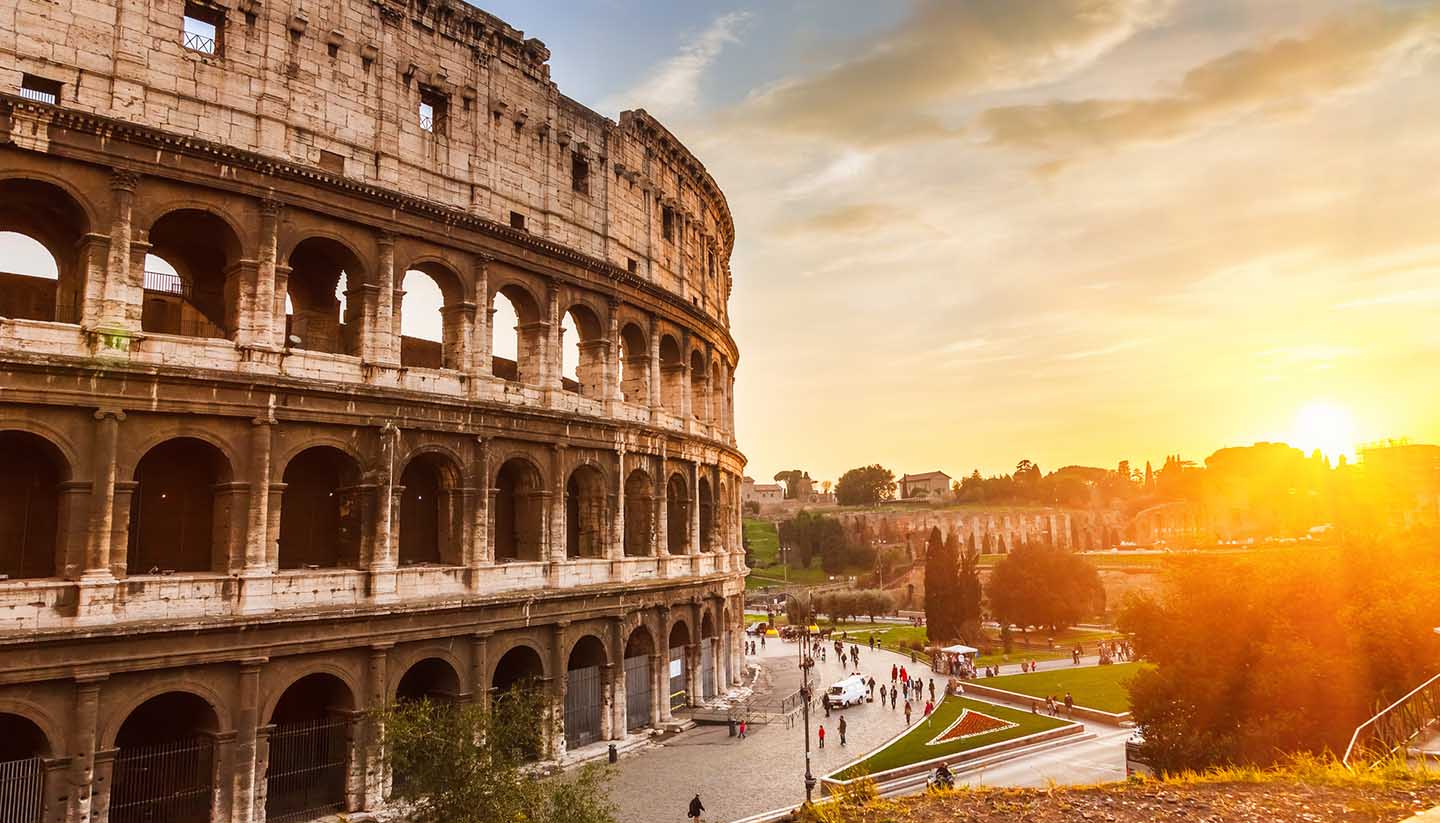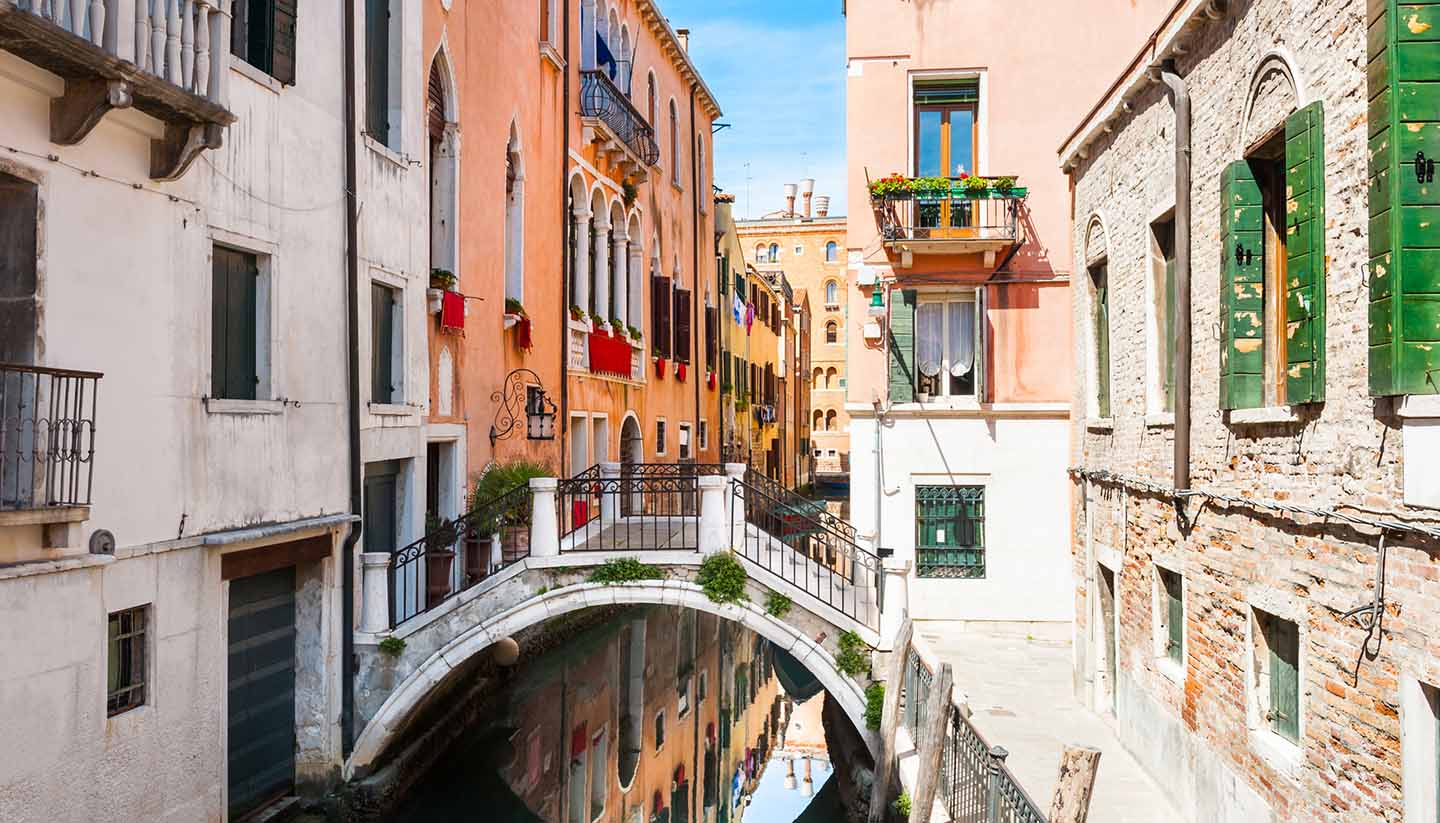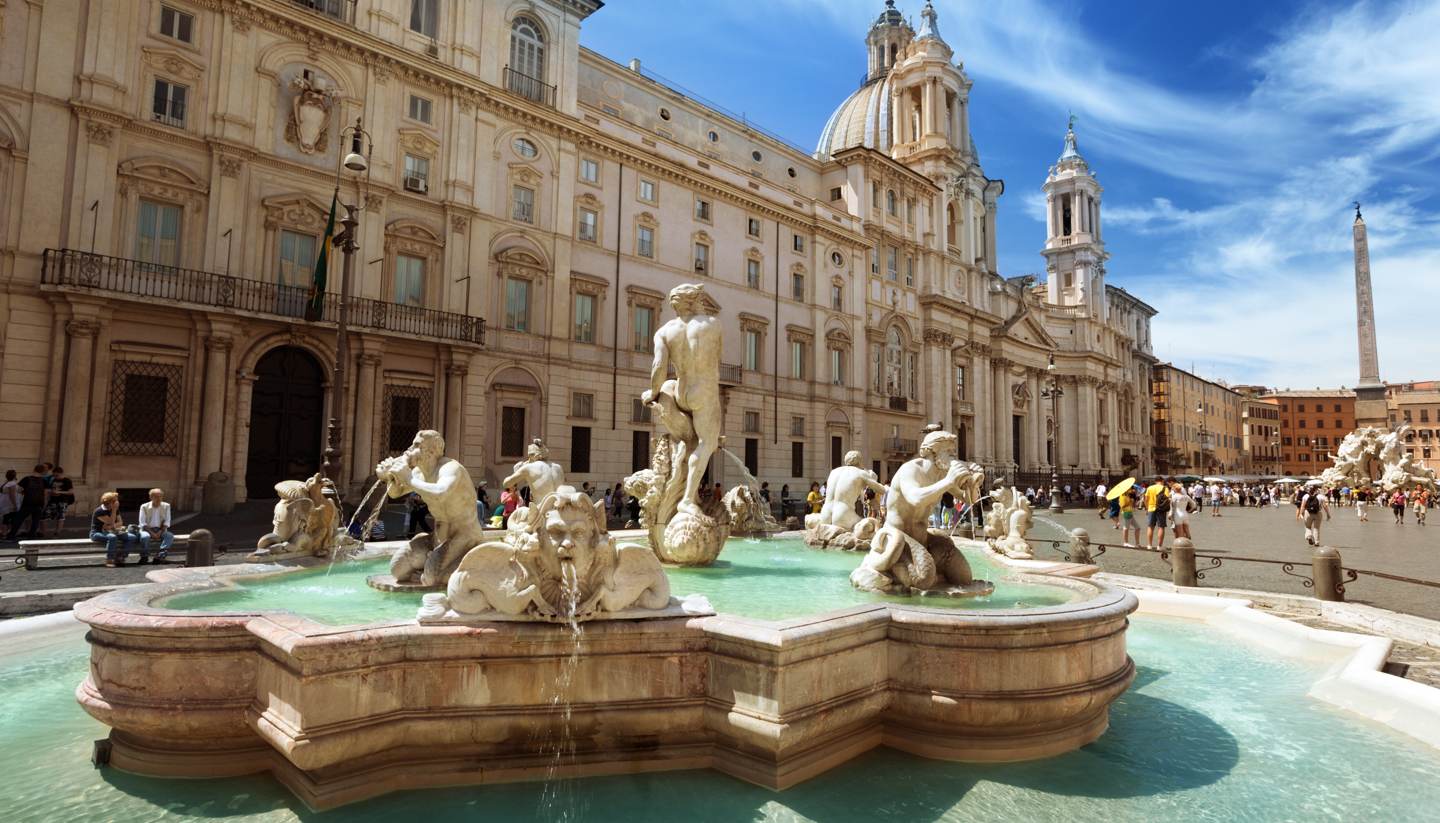Italy History, Language and Culture
History of Italy
Five centuries before the Roman Republic conquered the Italian peninsula, the Etruscans and Greeks were tussling for control of Italian ports and fertile farming land. Despite the increasing power of the Greek states in Italy, the growing might of the Roman Empire overwhelmed them by the 2nd century BCE. By 100 CE, Rome was the most powerful city in the Mediterranean.
While the capital prospered, poverty was rife in the provinces and by 400 CE the unwieldy Empire was divided in two, with a second capital established at Constantinople (modern-day Istanbul) in 330. When the Germans and the French Lombards overran Northern Italy, the Papacy established itself as a spiritual and secular force in Rome.
While the south tended towards centralised rule, supporting the Papacy, powerful port cities such as Genoa, Pisa and Venice increasingly ignored edicts from Rome, while rich power centres like Milan, Florence, Bologna and Verona resisted Roman meddling in internal affairs, developing their own forms of government between the 12th and 14th centuries.
These powerful city-states had both the wealth and independence to usher in a dynamic age of thinking known as the Renaissance. Despite the advances of this era, subsequent decades of war and plague were to fatally weaken the ruling dynasties. In 1797, Napoleon conquered Venice ending 700 years of independence and creating the first Kingdom of Italy in 1805.
Inspired by the success of the French Revolution, Italians began to agitate for a fully independent, unified nation, and finally won national independence in 1861.
At the dawn of the 20th century, Italy was embroiled in a devastating, although ultimately successful, territorial skirmish with Austria in WWI. Around 600,000 men died and the country was reduced to poverty. Frustrated by the peace settlement at Versailles, Benito Mussolini and the Fascist Party rose to power on a tide of discontent. The following alliance with the German Nazis in 1940, which brought Italy into WWII, ultimately left the country shut out of any power positions in the latter half of the 20th century.
Despite decades of political turbulence, Italy grew into one of the world’s leading economies in the 1980s. High unemployment, corruption and increasing national debt, however, culminated in crisis in 2008 and three years later Silvio Berlusconi was finally toppled from office. In February 2014, 39-year-old Matteo Renzi, the youngest Italian prime minister in history, was sworn in. He was replaced by Paolo Gentiloni in December 2016.
Did you know?
• Tourists fling an estimated €3,000 (£2,540) into the Trevi Fountain every day. This money is collected and donated to charity.
• Italy is home to three active volcanoes: Etna, Stromboli and Vesuvius. Etna is among the world’s most active volcanos and has been erupting on and off for the past 3,500 years.
• With 51 UNESCO World Heritage Sites to its name, Italy has more than any other country in the world.
Italy Culture
Religion in Italy
80% Roman Catholic with Muslim and Protestant minorities.
Social Conventions in Italy
The social structure is heavily influenced by the Roman Catholic Church and, generally speaking, family ties are stronger than in most other countries in Western Europe. Normal social courtesies should be observed. Dress is casual but smart in most places, and beachwear should be confined to the beach. Conservative clothes are expected when visiting religious buildings and smaller, traditional communities. Formal wear is usually indicated on invitations. Smoking is prohibited in public buildings, transport and cinemas.
When visiting an Italian home for dinner, bring a small gift of sweets or chocolate, and dress well. Let your host lead when sitting and starting the meal. Take a small portion of what is offered as you will surely be cajoled into having another helping. If you do not want more wine, leave your glass full so it cannot be refilled.
Language in Italy
Italian is the official language. Dialects are spoken in different regions. German is spoken in the South Tyrol region (bordering Austria). French is spoken in all the border areas from the Riviera to the area north of Milan (border with France and Switzerland). English, French and German are also spoken in the biggest cities and in tourism and business circles.
Phrases
- Beer = Birra
- Closed = Chiuso
- Danger = Pericolo
- Do you speak English? = Parla inglese?
- Doctor = Medico
- Eight = Otto
- Eighty = Ottanta
- Entrance = Entrata
- Exit = Uscita
- Fifty = Cinquanta
- Five = Cinque
- Forty = Quaranta
- Four = Quattro
- Friday = Venerdì
- Goodbye = Arrivederla (formal) / Arrivederci (informal)
- Hello = Buon giorno / Buona sera (after 1500)
- Hotel = Albergo
- How are you? = Come sta?
- How much does it cost? = Quanto costa?
- I'm very well = Sto molto bene
- I don't understand = Non capisco
- I feel ill = Non mi sento bene
- Menu = Menù
- Monday = Lunedì
- My name is = Mi chiamo
- Nine = Nove
- Ninety = Novanta
- No = No
- One = Uno
- One Hundred = Cento
- One Thousand = Mille
- Open = Aperto
- Please = Per favore
- Restaurant = Ristorante
- Saturday = Sabato
- Seven = Sette
- Seventy = Settanta
- Six = Sei
- Sixty = Sessanta
- Sunday = Domenica
- Ten = Dieci
- Thank you = Grazie
- Thirty = Trenta
- Three = Tre
- Thursday = Giovedì
- Today = Oggi
- Toilets = Bagno / Servizio
- Tomorrow = Domanì
- Tuesday = Martedì
- Twenty = Venti
- Two = Due
- Wednesday = Mercoledì
- Where is ? = Dov'è ?
- Wine = Vino
- Yes = Si





